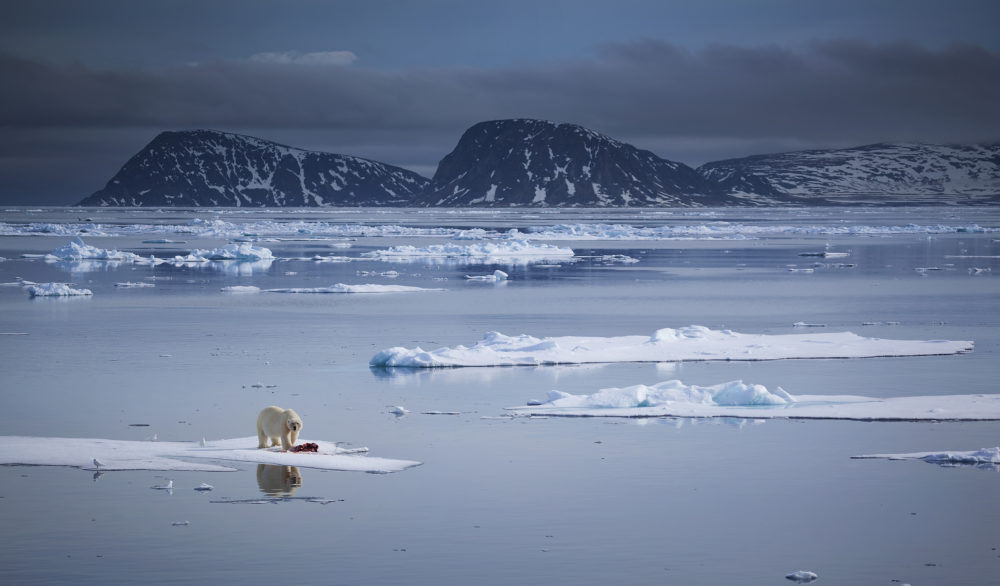Would you convert to a plant-based diet to stop climate change? Have one fewer child?
Sadly, while personal sacrifices are commendable, they haven’t been enough to curb global warming. “A big-picture holistic solution” regarding global transportation, industry and electricity generation is needed, and the necessary changes might inevitably bring economic trade-offs, suggested a Deutsche Bank research report published Monday.
“We think we will soon enter a stage where there will be a realization of the immense economic and personal trade-offs we will collectively have to make in order to hit climate targets,” wrote authors Jim Reid, Luke Templeman, and Henry Allen.
“Such sacrifices may shock citizens and be difficult to administer in democracies,” they wrote.
Deutsche Bank’s report was designed to help clients prepare for the discussions that may take place during this year’s World Economic Forum’s meeting in Davos next week. The forum’s founder, Klaus Schwab, heartened human-rights activists last month when he said a company should be judged not just on profit but also how it achieves environmental, social and good governance objectives.
The Deutsche Bank report warned that addressing climate change would bring economic hardships to individuals. To cut vehicle emissions by 2030, for instance, future cars would have to be less powerful and more expensive. Combustion engine efficiency needs to improve at 5% every year, higher than the 3% seen over the last ten years. The heightened efficiency would cause the price of an average gas-powered car to increase about $4,455 on the low end to $7,800 on the high end, the report predicts.
- Imported goods might be subjected to tariffs based on the carbon used in creating the product, and disputes on the carbon tax are likely to prompt trade wars, the report said. Domestically, curbing industrial emissions means factory underemployment or even layoffs. The loss of well-paid blue-collar jobs would have political ramifications, leading to a more fractured society.
- While the share of all renewable energy sources in electricity generation will rise to 44% by 2040, fossil fuels will only decline from 81% to 74% during the same time period, the report said,citing the International Energy Agency. The technical bottleneck is an affordable and efficient storage system for renewable energy.
- If we do nothing to mitigate climate change, GDP per capita would be 7.2% lower by 2100. If the global economy grows at a slower pace of 1% every year instead of the standard 2%, the global economy would still expand by 170% over the next 100 years.






















